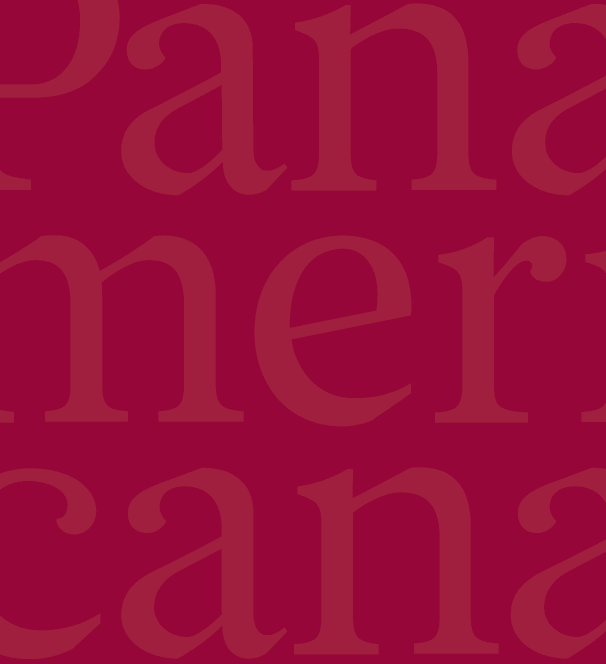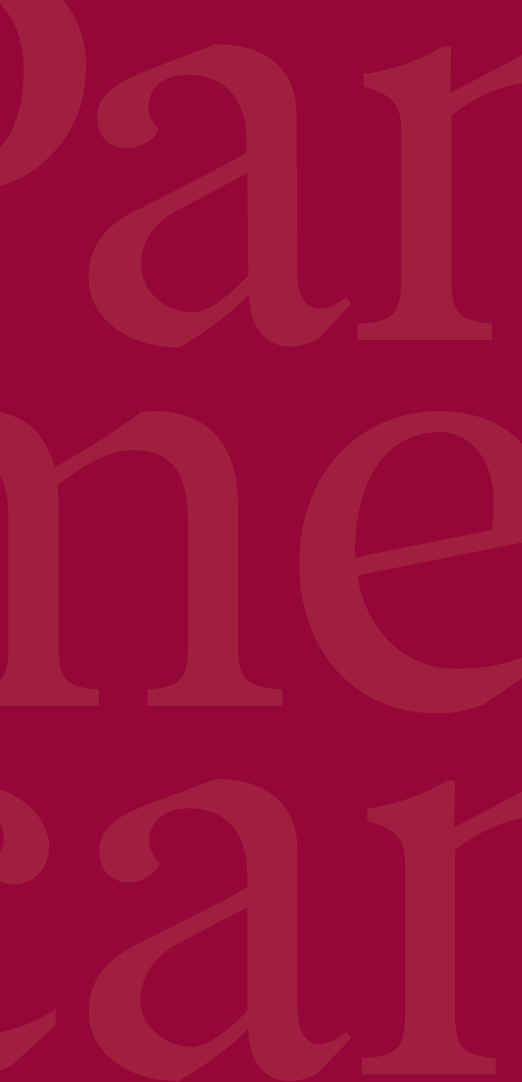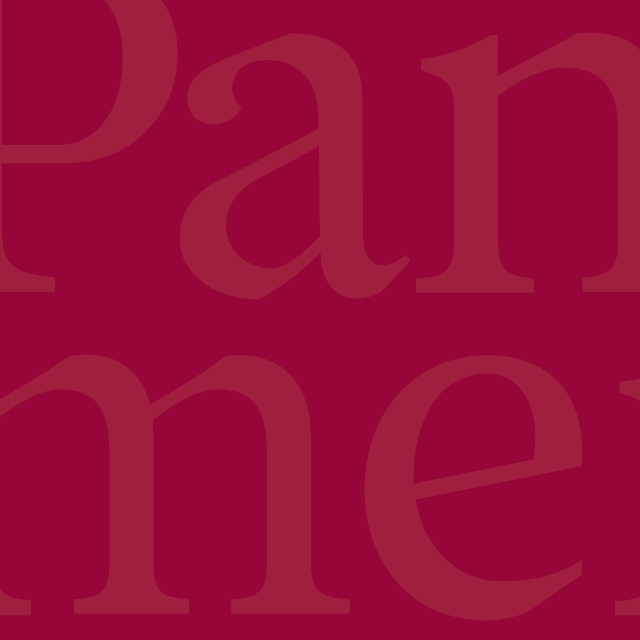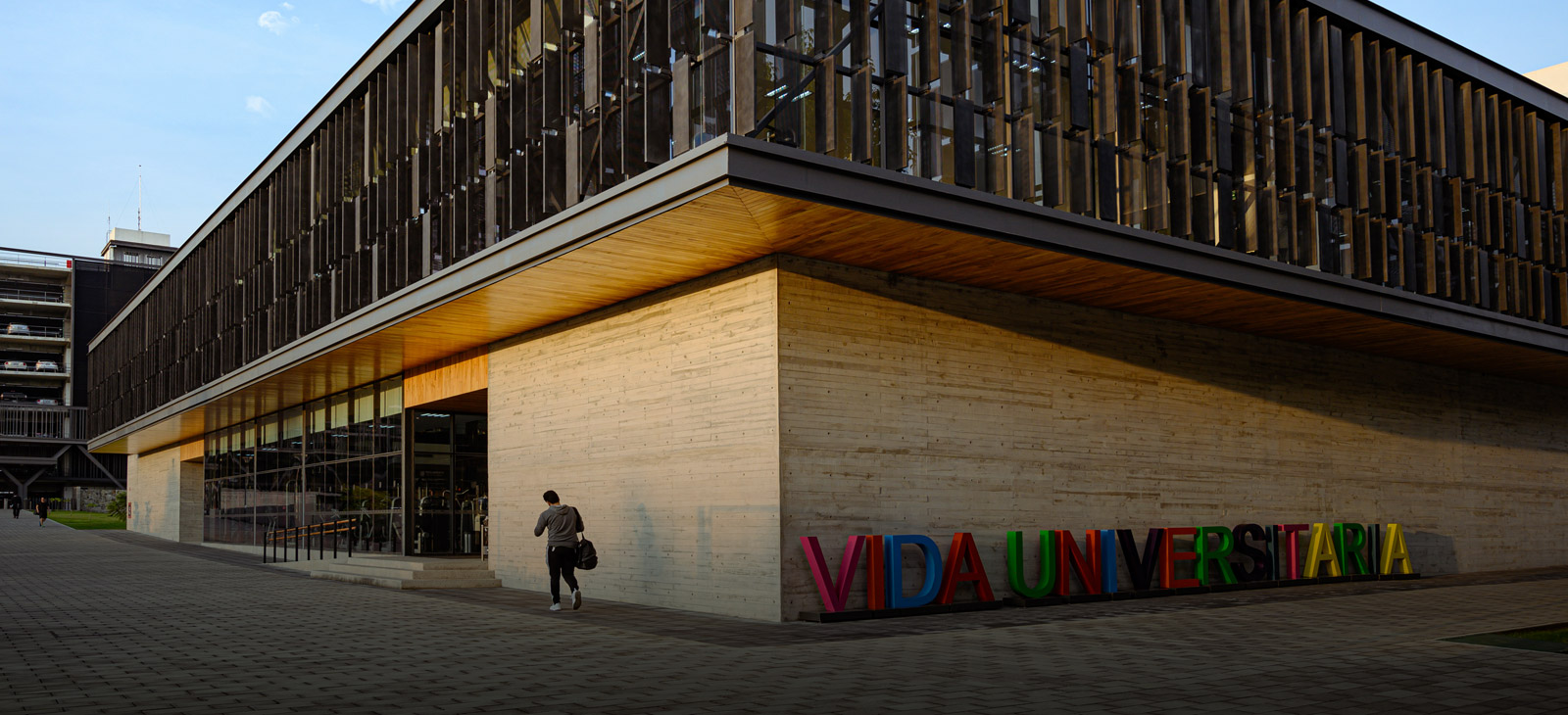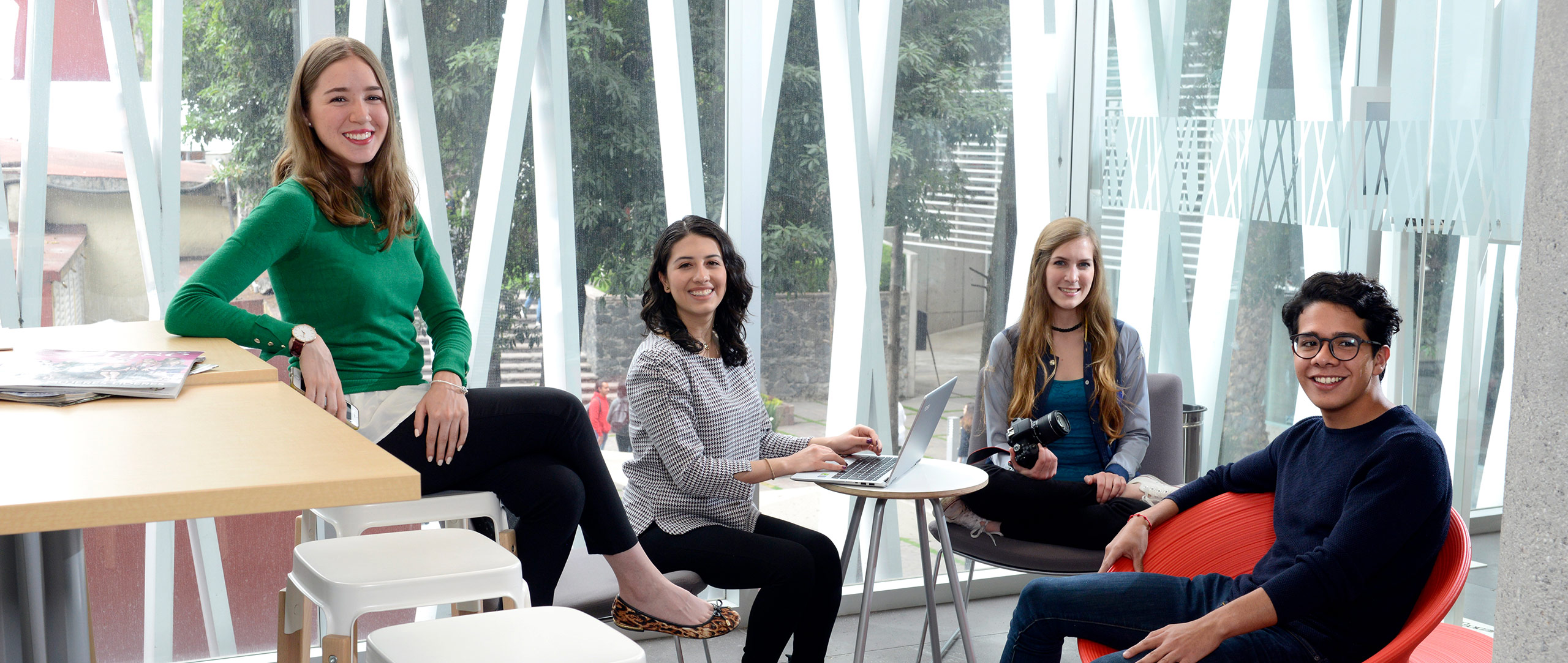
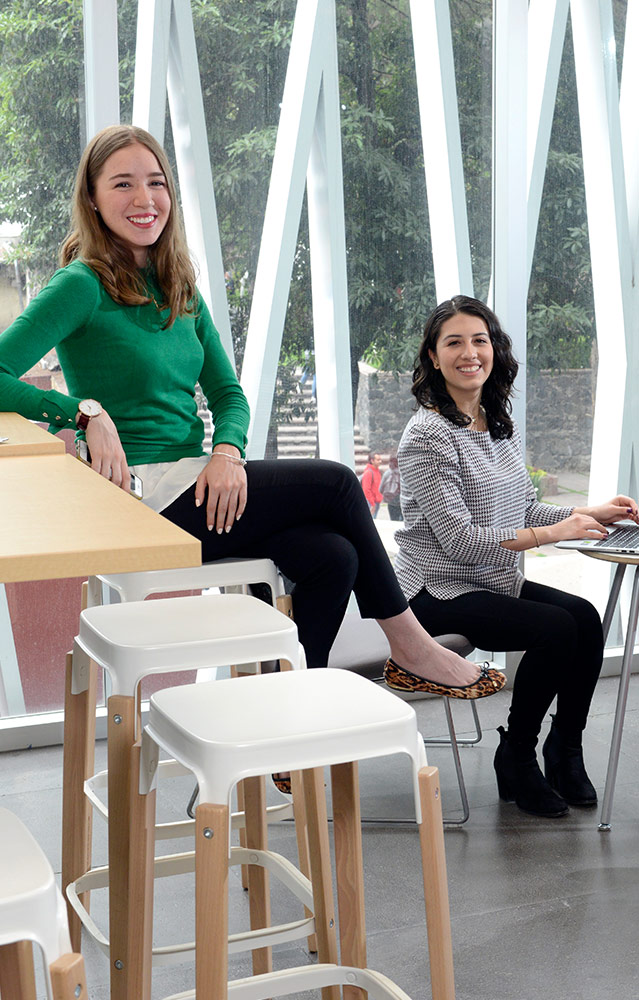
Communications Program
To study the Bachelor's Degree in Communication at Universidad Panamericana is to have access to an innovative curriculum with great human content. It is learning to tell stories. It is learning to lead the conversation in society, in the media, in companies and to establish agreements for the benefit of all. This is a historic moment to dedicate oneself to communication.
Main Certifications
The bachelor's degree program is accredited by CIEES (Comités Interinstitucionales para la Evaluación de la Educación Superior).
RVOE
SEP 2002082 dated 7/4/2000, plan 2017, school-based modality, Augusto Rodín site.
ENTRY PROFILE
You have the profile to study the Bachelor's Degree in Communication if:
- You have a facility for oral, written and audiovisual expression.
- You possess analytical and synthesis skills that can be expressed in attractive formats.
- You are characterized by a special sensitivity to social and human problems, as well as a special interest in better understanding your socio-cultural environment.
- You have a passion for stories
- You have reading habits that allow you to access literary and academic texts of a certain complexity.
- You are interested in playing an active role in the improvement of content in media and communication networks.
- You have the ability to observe
- You live tolerance and respect for different forms of thought and expression.
GRADUATE PROFILE
At the end of the degree, you will be a Communication professional with:
- A thorough knowledge of the national and international social, political and economic environment, as well as the cultural context, in order to understand the framework in which he/she will develop personally and professionally.
- Ability to generate and analyze narratives according to context and audience.
- Understanding of the philosophical, moral, psychological and social principles of human communication to provide a solid basis for the interpretation of the most frequent communication problems.
- Handling of written, oral and audiovisual language for the construction of messages appropriate to the needs of the audiences and the conditions of the medium.
- Understanding of communication theories and the development of the discipline's academic field to inform research, innovation and strategy development.
- Knowledge of the global media structure, as well as the processes of production and distribution of messages in the sociocultural context.
- Argumentation and persuasion skills, as well as strategy for persuasive communication.
- Ethical commitment in the development of solutions to complex social problems.
- Empathy and willingness to listen, as well as openness and respect for diversity of ideas.
- Mastery of:
- Text generation, presentation and data processing software
- Digital cameras
- Video and audio recording equipment
- Still and moving image manipulation software
- Proficiency in video and audio editing software
- Lighting equipment in film and photography studios
- Databases for information search and analysis
FIRST SEMESTER
- Roots of Mexican current affairs
- Introduction to communication studies
- Photography
- Graphic communication design
- Artistic and literary movements
- Advertising
- Editorial staff
- History of culture
SECOND SEMESTER
- Contemporary universal environment
- Communication theory I
- Speech and sound production
- Introduction to research and documentation
- Written communication
- Marketing
- Person and society
- Elective basic block
THIRD SEMESTER
- Social history of the media
- Communication theory II
- Audiovisual narrative
- Intersubjective communication
- Journalistic writing
- Organizational theory
- Ethics
- Elective basic block
FOURTH SEMESTER
- Political communication
- Infographics
- Theory and history of cinema
- Right to information
- Cyberjournalism
- Script for audiovisual media
- Qualitative research in communication
- Theological Anthropology I
FIFTH SEMESTER
- Quantitative research in communication
- Discourse analysis
- Social effects of the media
- Analysis of virtual communities and social media
- Audiovisual Production I
- Internal communication
- Theological Anthropology II
- Intermediate block elective
SIXTH SEMESTER
- Communication companies
- Argumentation, rhetoric and persuasion
- Intermediate block elective
- Geopolitics and communication
- Public relations
- Structure of the global media ecosystem
- Audiovisual Production II
- Social philosophy
SEVENTH SEMESTER
- Integrating project and professional practices
- Man and the contemporary world
- Social responsibility
- Professional block elective
- Professional block elective
- Professional block elective
- Professional block elective
EIGHTH SEMESTER
- Professional ethics
- Protocol and professional practice
- Professional block elective
- Professional block elective
- Professional block elective
- Professional block elective
- Professional block elective
ELECTIVES BASIC BLOCK
- Literary genres workshop
- Religions in today's world
- Oral expression workshop
- Music appreciation and culture
- Cross-cultural communication
INTERMEDIATE BLOCK ELECTIVES
- Effective presentations
- Organization of events
- Editorial design
- Transmedia projects
- Audience research
PROFESSIONAL BLOCK ELECTIVES
- Political communication and journalism
- Audiovisual Production
- Fashion and trend communication
- Corporate communication and advertising
We have agreements with more than 51 foreign universities in over 23 countries for academic exchanges. From the United States and Canada to Brazil, Korea, Finland, France and Turkey, there is a destination for everyone.
Admissions
